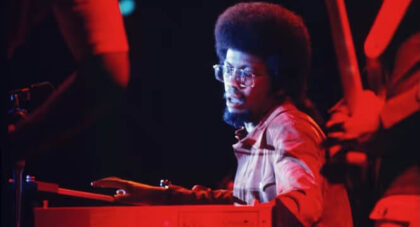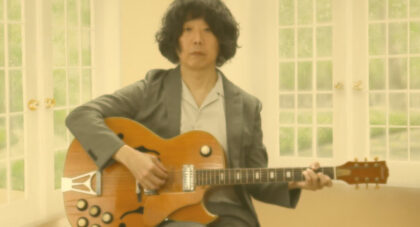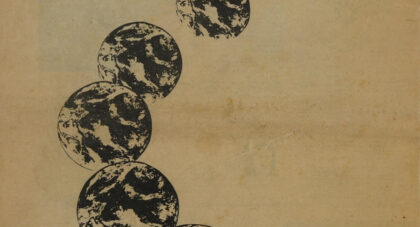When I was fifteen years old, I wrote MC Taylor a fan letter. At the time, he played in a hardcore band I liked called Ex-Ignota. I was a big fan of their split 7” with Uranium 9 Volt and wrote inquiring about buying their previous single. The band sent back a letter typed on the back of a snapshot of what I presumed to be the band members horsing around in their tour van. For some reason, I kept this photograph, tucking it into the copy of the record they sent me.
Nineteen years later I showed my friend MC Taylor that photo, and we both found ourselves struck by the smallness of the world. In 2011, I might have also written him a fan letter, because I was obsessed with Poor Moon, a record he and fellow Ex-Ignota bandmate Scott Hirsch had made with their current band, Hiss Golden Messenger. It was only after becoming friends with MC that we began to discuss hardcore and punk, and Ex-Ignota came up. Until then, I had no idea he was the guy I wrote the letter to well over half a lifetime ago.
Recently, I spoke to MC about the great new Hiss Golden Messenger album Haw (due out April 2nd on Paradise of Bachelors), the witchcraft of songwriting, and, erm, celebrity crushes.
Only the good shit. Aquarium Drunkard is powered by its patrons. Keep the servers humming and help us continue doing it by pledging your support.
To continue reading, become a member or log in.


